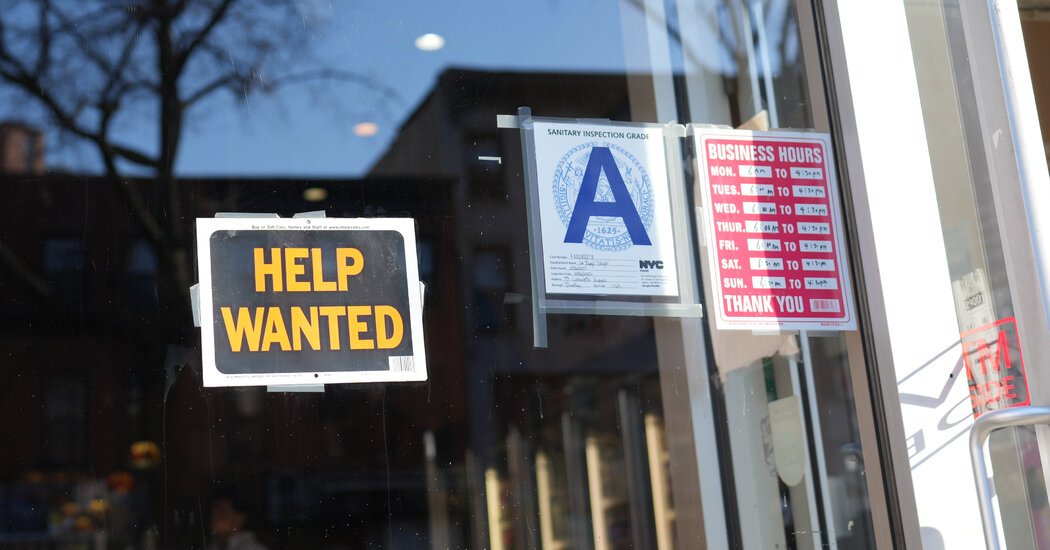The South Korean government unleashed a wave of panic across the internet industry: The country’s antitrust regulator said it would enact the toughest competition law outside Europe, curbing the influence of major technology companies.
The Korea Fair Trade Commission, with the backing of President Yoon Suk Yeol, said in December that it planned to make a proposal modeled after the 2022 Digital Markets Act, the European Union’s landmark law to rein in American tech giants. This bill also seemed to target South Korea’s own internet conglomerates just as much as the Alphabets, Apples and Metas of the world.
The commission said the law would designate certain companies as dominant platforms and limit their ability to use strongholds in one online business to expand into new areas.
Then last week, the agency suddenly shifted course. After a furious backlash from South Korean industry lobbyists and consumers, and even the U.S. government, the Fair Trade Commission said it would delay the bill’s formal introduction to solicit more opinions.
It’s not clear when, or even if, the bill will advance. The timing has been complicated by a critical general election in April. Mr. Yoon’s conservative People Power Party is looking to wrest control of the legislature from the opposition Democratic Party of Korea, which holds a significant majority. Surveys have found public support for regulation, and many of the constituencies the bill claims to benefit, including smaller businesses and independent taxi drivers, have typically voted for the Democratic Party of Korea.
The delay was a temporary victory for South Korean internet firms — dominant at home but with little global influence — that lobbied behind the scenes against the bill. They had argued that the legislation was unnecessary and would ultimately benefit emerging competitors from China.








